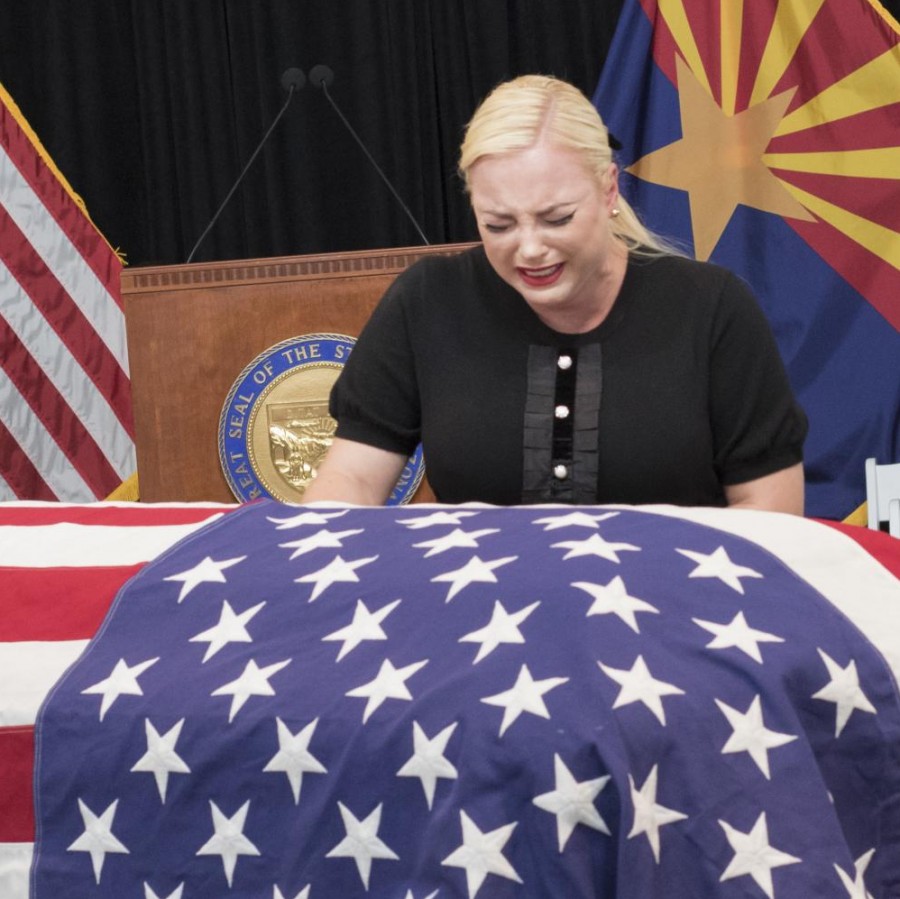At 81 years of age, John Sidney McCain III was buried in his final resting place at the Naval Academy in Annapolis, Maryland on Sunday, September 2nd, according to BBC.
John was a naval academy alumni, graduating in 1958. He served from graduation until 1981 as a captain, launching his career into politics a year later.
McCain was a man known for both his unwavering service to his country and his courage in the face of adversity. As a younger politician, McCain faced his share of hurdles.
A defining moment of McCain’s career was dealing with an event in the late 1980’s called “The Keating Five.” The event was a public investigation into the Lincoln Savings and Loan company collapse that resulted in the loss of approximately 23,000 investors’ life savings, as reported by azcentral.
McCain and four senators were suspected of covering up and delaying investigations into the company due to considerable donations to them from the president of the company, Charles H. Keating Jr. McCain and one other senator were found innocent while the others were given either formal reprimands or were judged for poor behavior.
After that incident, McCain participated in many groups to further bipartisanship in events such as the “Gang of 14,” establishing limits on budget spending for campaigns, and moving to reestablish connections with Vietnam, according to Britannica.
This was an important political move for McCain to make, as he spent 23 years in the navy, much of which was in Vietnam during the war, reported Ballotpedia. As a young graduate from the naval academy, McCain went into the navy as a naval aviator and took his first combat role during the Vietnam War in Operation Rolling Thunder, where he was captured during a bombing run.
McCain was tortured and held as a POW (prisoner of war) for five and a half years, where he suffered permanent damage to his arms. During the extent of his visit, McCain’s father (and at the time, fleet admiral of all operations in Vietnam) tried to negotiate an early release from his captors, to which McCain refused to leave before the men before him, according to Britannica.
During his interview with CNN, John Fer accredited him to being resilient. “That’s what I see with John. … I see an exceptionally knowledgeable guy who was able despite – and he had by his own admission, he had lots of setbacks in his public life – he was always able to bounce back. And he was a man.”
At his funeral, McCain invited people of varying beliefs because he believed in bipartisanship and working together. In a snippet of the funeral by BBC covering the funeral of McCain, former president and at times an adversary to McCain, Barack Obama, reminisced about McCain’s impact on him. “And most of all, it showed a largeness of spirit, an ability to see past differences in search of common ground. And in fact, on the surface, John and I could not have been more different.”
As a former soldier, POW, senator, leader, and friend to anyone who was able to meet him, McCain changed the lives of people, whether by being on the front lines in a war defending other soldiers, or in the senate chamber working to pass bills to benefit Americans.









